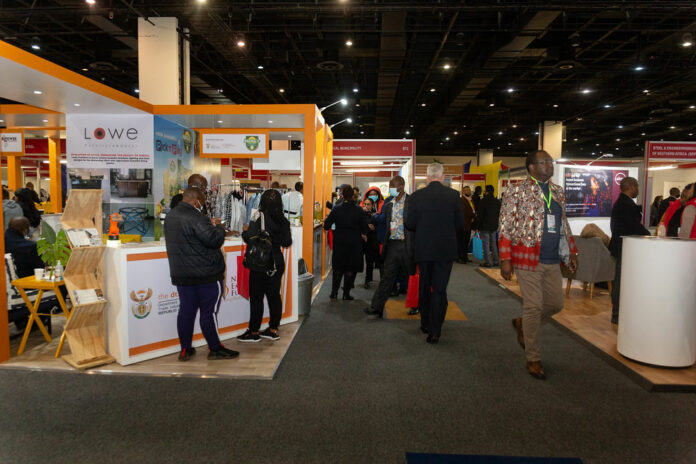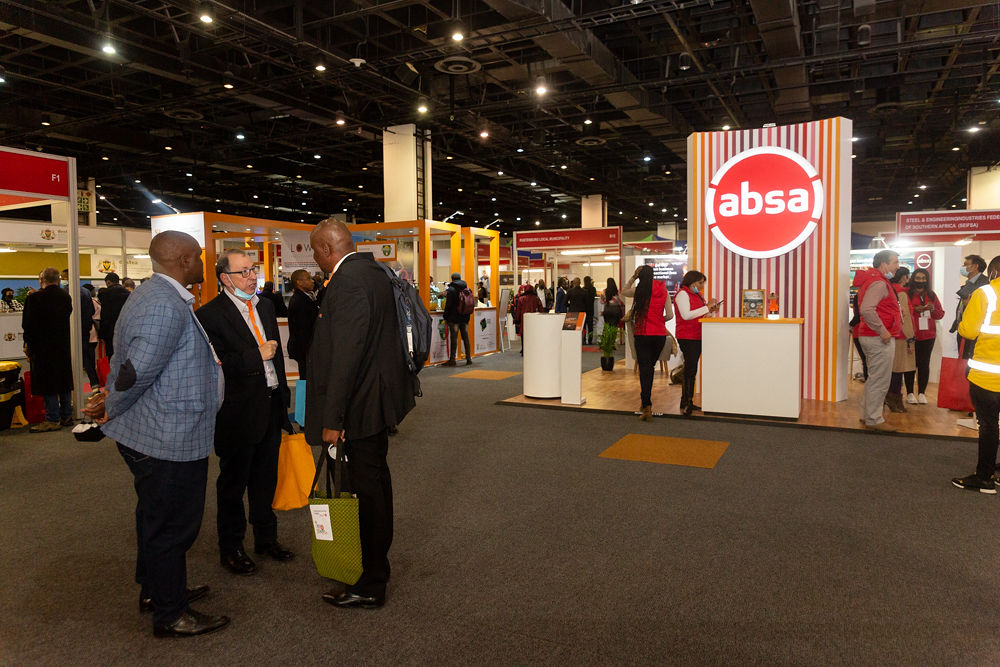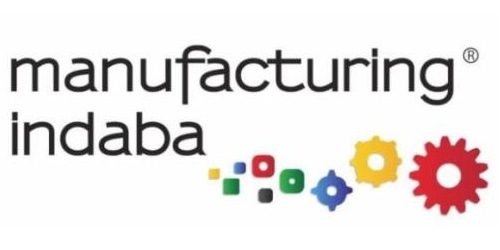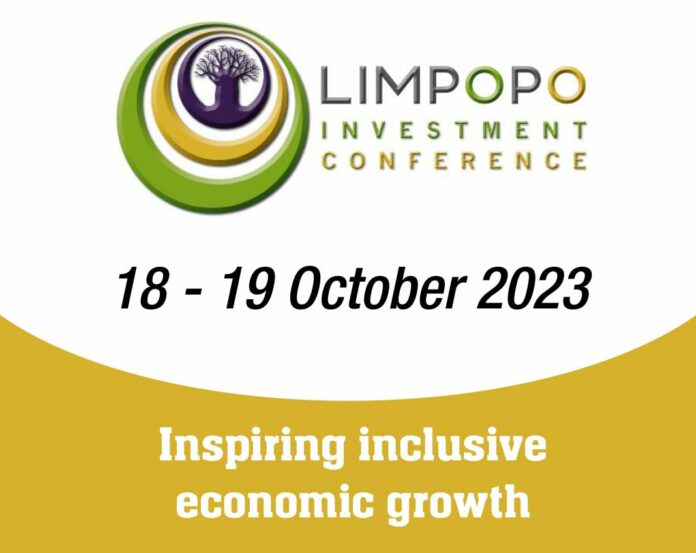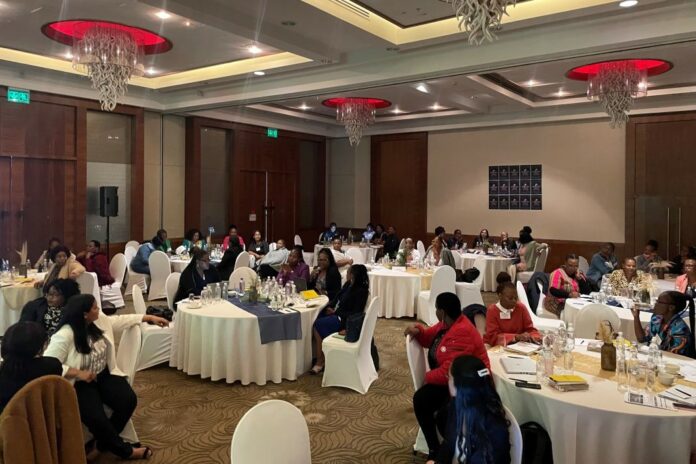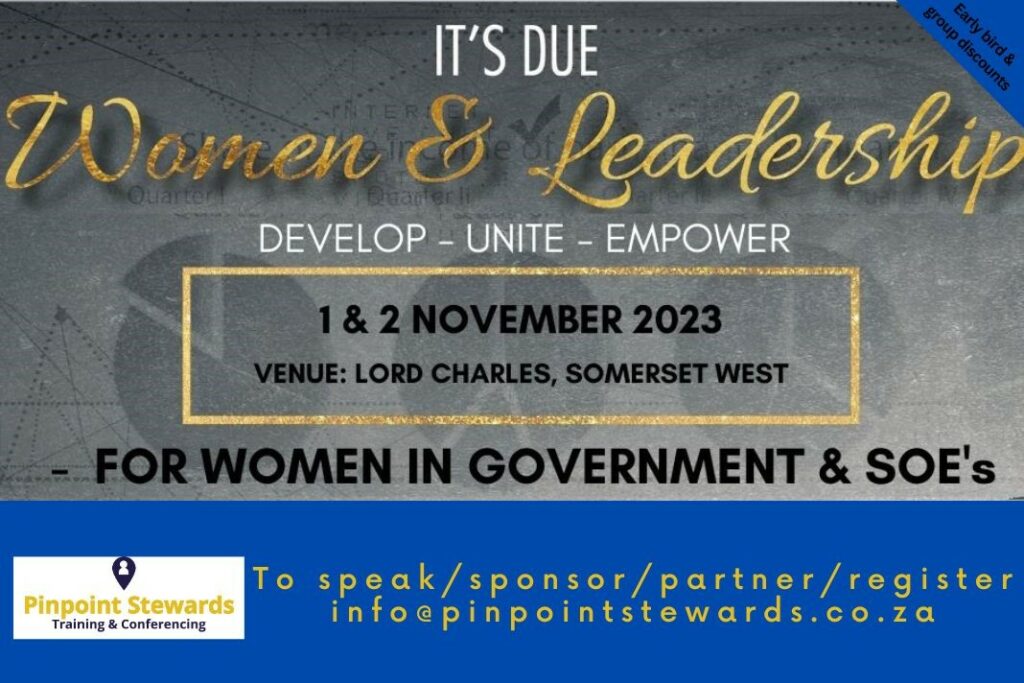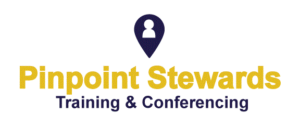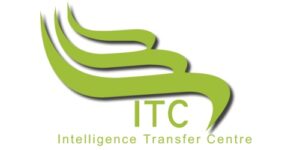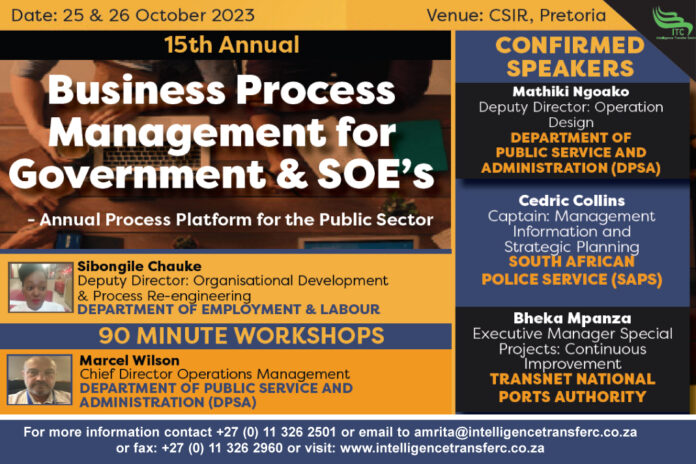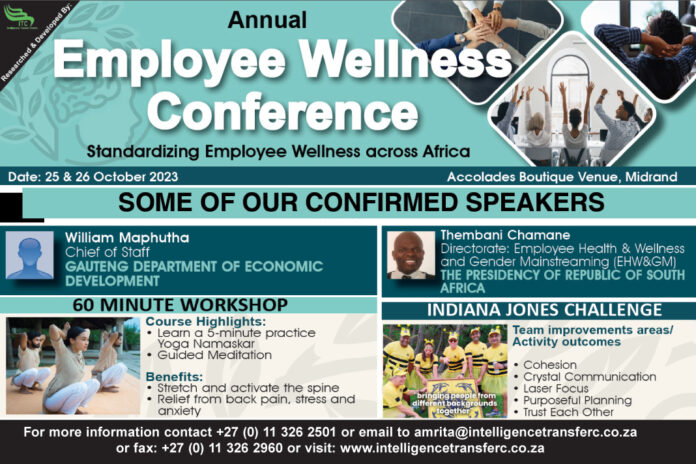Medical scheme members are facing weighted average increases to their premiums in 2024 of anywhere from 7% to 16%, depending on what benefit option they are on¹. Some schemes have tried to downplay the increases at a time of massive economic pressures for all households, while others have been boldly transparent around increase rationale, but the reality is that the slow burn of the erosion of benefits while premiums increase exponentially continues, with medical inflation estimates, conservatively and consistently running at least 3-4% higher than CPIX¹ for many years now.

“These increases will mean much deeper cost-cutting will happen on other household essentials if members want to retain access to private healthcare. But for many households there simply is nothing left cut. Where previously there was a trend of medical scheme members buying down to lower ‘core’ benefit options but ensuring some access to private healthcare, at least for any hospitalisation requirements, we’re now seeing a situation where people are opting out completely due to untenable affordability challenges. The sad reality of this decision is that the alternatives to private healthcare in South Africa are, in many cases, too sad and or scary to even contemplate.
Even for members who may receive some form of company subsidisation of medical scheme benefits, there has been a worrying decline in medical scheme membership being offered as a mandatory employee benefit, as employees simply cannot afford their contributions given the barrage of other household costs, while employers are also facing declining profits and income as economic market conditions falter,” explains Martin Rimmer, CEO of Sirago Underwriting Managers, underwritten by GENRIC Insurance Company Limited.
“For many households, the cost of their medical scheme membership erodes a serious quantum of the total monthly disposable household income, but it’s a benefit they are understandably unwilling to go without given the near collapse of the public health sector. The reality is that medical scheme contributions increase significantly every year – much of it driven by higher claims costs, increasing utilisation and an ageing (and more sickly) medical scheme population, and “over-servicing” by unscrupulous healthcare practitioners. But as contributions increase, most medical scheme members are paying more for less medical scheme benefits and facing a far greater percentage of out-of-pocket healthcare expenditure not covered by their medical scheme benefit than ever before, notably for members on core plans where a multitude of co-payments are applicable for certain hospital admissions,” he adds.
Members are seeing an increase in co-payments – either in terms of higher co-payment values or the introduction of co-payments where there were none previously. Seemingly ‘small’ benefit changes will also have a significant impact on the out-of-pocket expenditure members will face – such as a reduction in the medical savings account – a forced members savings accumulation for funding of certain benefits – or day-to-day benefits, which are paid out of your monthly contributions – will mean your forced medical savings will run out sooner, and members will be funding more of their day-to-day primary care than ever before from their pockets.
Increase in gap cover claims indicative of medical scheme benefit erosion and buy-down trend
Sirago’s analysis of its gap cover claims (2021-2023) shows a growing quantum in gap claims value, a key indicator of the buy-down trend in medical scheme benefits, and the increasing burden of co-payments that members are facing.
“A few short years ago, gap claims averaged around R6000 to R12000. What we’re now seeing is a significant increase in mega gap claims, which we classify internally as R50k and more, now occurring daily. The sharp increase in gap claim values is firmly rooted in the affordability challenges that South Africans are facing, compounded by the continual differences of medical scheme negotiated tariffs and the charges levied by the medical practitioners. This in turn is driving a buy-down in medical scheme benefit options by members due to affordability, as well as the perceived lack of value for money they get for their contributions. The buy-down to core-hospital plans means access to lower benefits, with more penalties and co-payments imposed by medical schemes for member non-compliance with scheme rules and networks – and thus exposure to more self-funding of their healthcare treatment to come from their own pockets, especially if they do not have a gap cover policy in place,” warns Rimmer.
Gap insurance covers the shortfalls where doctors and healthcare providers charge more than the medical scheme rate at which you are reimbursed for in-hospital events/procedures. These shortfalls can range anywhere from 150% to 700% higher than the rate paid by your medical scheme. So, if your medical scheme option only pays out at 100% of tariff, like many core hospital plans do, you will then be liable to pay the shortfall of the other 200% to 400% charged by your healthcare provider as an “out of pocket” expense if you do not have gap cover.
Planning your healthcare funding strategy for 2024
Medical scheme members will have until the beginning of December to make any changes to their medical scheme options which will take effect from 1 January 2024. Given the affordability constraints, many are looking to cut back but still want access to private healthcare for any hospitalisation or serious health crisis they may face in future. Sirago advises that you work with your professional healthcare financial advisor to do the sums, take you through a comparison of the various benefit options and then devise the best plan to ensure that your healthcare needs and access to private healthcare are covered, as best possible.
Consider the following when reviewing your medical scheme benefit option with your financial advisor:
- Take care of your medical scheme membership first – Don’t leave this until you are older, thinking you’ll get cover when you need it as medical scheme regulations prevent this anti-selective behaviour. There are onerous late-joiner penalties or loadings on monthly premiums depending on your age if you did not belong to a medical scheme for four years after your 35th birthday. Likewise, a 3-month general as well as a 12-month condition-specific waiting period applies if you’re joining a medical scheme for the first time ever, or if you belonged to your previous medical scheme for less than 24 months or had a break in cover.
- What is your current day-to-day expenditure on healthcare? – do your existing benefits provide sufficient cover, too much cover, or were you left out of pocket? Any of these scenarios means you’re probably on the wrong option for your needs and warrants closer analysis.
- Chronic Conditions – Are you or any dependants registered for a chronic condition which is covered by the medical scheme option? Consider whether the premium saving on a lower benefit option is worth the cost of the additional chronic medicine which you may have to self-fund on a lower benefit option. Likewise, there is no value in paying R1000 for a higher benefit if your bottom-line benefit is only R400 of chronic medication each month. Critically important is to subscribe to the scheme rules by ensuring registration and participation in the chronic medicine benefits protocols.
- How much can you self-fund? Understand that a lower premium also means less benefits and cover. Be comfortable or at least aware of the level of self-funded risk you can afford to take on and make provision for it, where possible. Consider a personal medical savings card that you put any premium savings into to pay for your day-to-day healthcare visits and medicine. Self-discipline in this regard is vital for your protection.
- Get Gap Cover – to protect you from shortfalls on in-hospital treatment and specialist charges which can be anything from a few thousand Rand, to over R100 000. If you are on a medical scheme option that covers 100% or 200% of tariff charged, you are going to face shortfalls when you consider that many specialists charge upwards of 500% of the medical scheme tariff. You will be liable to pay those shortfalls from your own pocket if you do not have gap cover. Make sure to discuss this directly with your broker.
- Core plans – Core benefit options that pay for hospitalisation only means that all day-to-day primary care, such as GP visits, dentistry, optometry, radiography, and any medication will need to be covered by you. You may want to consider a health insurance option providing some primary care benefits as an additional option, separate to your medical scheme, to cover some of your day-to-day healthcare needs.
- Try stay within same medical scheme if changing options – If you’re considering a move to a different benefit option, try and do so within the same medical scheme. You’ll avoid any waiting periods, and it provides you with an opportunity to either buy-up within the scheme to acquire better benefits or to buy-down with the purpose of securing lower contributions. While most schemes only allow you to buy-up at the beginning of a benefit year (Jan), most will allow a buy-down at any time during the year.
- Be aware of waiting periods – Medical schemes can impose some general and condition-specific waiting periods for both new entrants as well as members moving between schemes. The application of waiting periods and other risk mitigation initiatives such as late joiner penalties and general Prescribed Minimum Benefit understanding and management, can be a minefield to navigate. This is why the services of an accredited broker / financial advisor is critical for members while making these significant financial decisions.
“Healthcare in South Africa is a complex market segment and with the lack of alternative options available, consumers must always be completely versed in what they are covered for and entitled to under their benefits, but more importantly what the schemes and gap cover options don’t cover. Always engage the advice and services of an accredited, skilled, and experienced healthcare broker/ advisor who will help you make informed decisions when needed most, as well as support you through the administration processes with getting your cover in place,” concludes Rimmer.
References:
Moonstone. https://www.moonstone.co.za/clash-of-the-titans-medical-scheme-heavyweights-announce-2024-contributions/ [Accessed 13 Oct 2023]
Note: The content of this article does not constitute financial advice. For more information go to www.sirago.co.za
Sirago Underwriting Managers (Pty) Ltd is an Authorised Financial Services Provider (FSP: 4710) underwritten by GENRIC Insurance Company Limited (FSP: 43638). GENRIC is an authorised Financial Services Provider and licensed non-life Insurer and a member of the Old Mutual Group.




